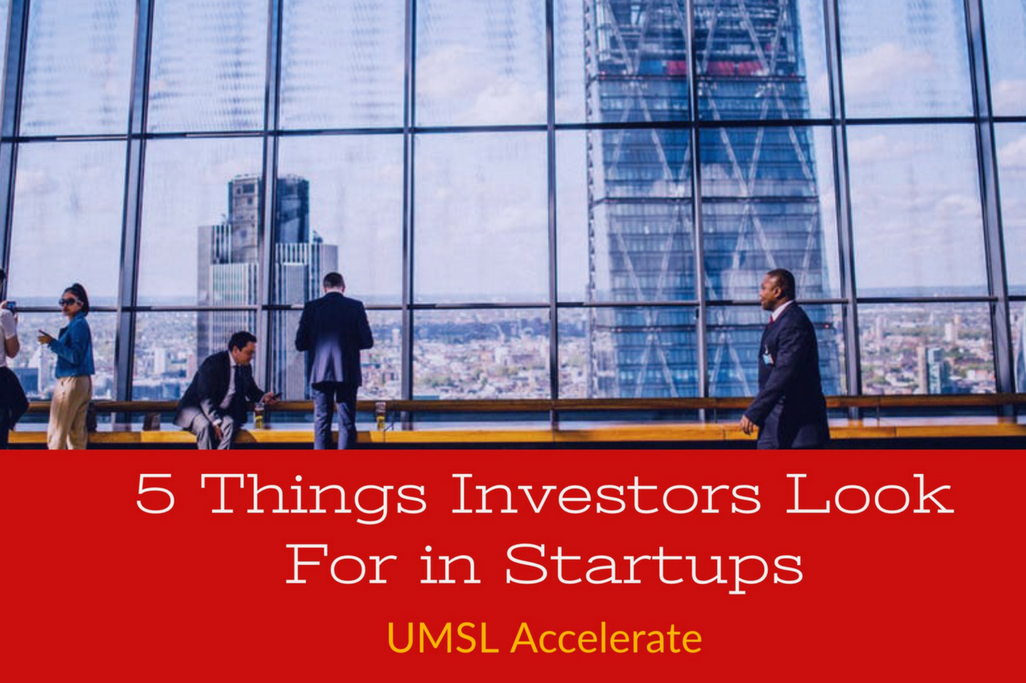
If you’ve ever pitched your startup to investors, you know how hard it is (and if not, you soon will). Investors are looking for unicorns – companies they believe will become profitable and sustainable in the long-term.
Most pitches to Venture Capitalists fail. This happens because investors aren’t just investing in ideas. They’re investing in the person (or people) behind that great idea. To increase your funding chances, it helps to get inside the minds of your potential investors. This post will help you do just that.
1. Market Size
This is where most investors will start. How big is the addressable market that your company is looking to serve? Big is defined in terms of not just today, but the future as well. If it’s a market with existing solutions, be prepared to spend a lot of time explaining how your solution is different from your peers. If it’s a new, emerging market, the focus will be on how big the market is expected to get and what’s driving its growth. Investors understand that rising tides lift all boats – many of them will look to place bets in new, promising sectors.
2. Management Team
For any investor, it takes a miracle to get investment dollars out of them if they’re not impressed with the team. You will find some investors who will say to themselves, “I could do this deal but the CEO will need to be replaced.” Sadly, that happens all to often. What kind of domain expertise does the team have that makes them an authoritative figure in the market? Does the team have complementary skills as it related to sales and marketing, product development and operations? Is there a strong chemistry on the team and does everyone play nicely with each other? These are several of the criteria investors will be looking for, so it’s important to highlight as many of these as strengths as possible.
3. Commercial Traction
An important way to de-risk an investment opportunity is to show investors that you’re not just all talk but have already begun taking action to build the business. Demonstrating that the market is already engaging with your product and providing useful feedback will set your startup apart from many others that are still sitting in the laboratory.
It can be quite powerful to throw real data into a conversation that supports your claims, or perhaps even forces you to adjust assumptions that you’ve started with. Furthermore, it reflects the commitment and initiative that the team is making in order to make things happen.
4. Investor Relevance
Do not underestimate the importance of investor fit. There are many aspects to this, including: the stage of your company, the industry that you’re startup is active in and investor experience in your market space. Think of it as a piece to a puzzle. If there are multiple connections between an investor’s strategy and your startup, the investor is likely to get more deeply engaged and the fit becomes more obvious. Doing your research upfront will pay dividends and ensure that you don’t spend a whole lot of time with an investor who ultimately isn’t a natural fit.
5. The X Factor
There’s always a clicking moment that happens between an investor and a founder that plays into the investment decision. Sometimes it’s easy to identify – an affinity based on a common background, such as shared work or educational experiences — or perhaps a co-investor that’s mutually known and trusted. In other cases, it might be harder to put a finger on, such as likability of the entrepreneur, or merely an instinct or impression that the investor develops, good or bad, that they have a hard time shaking. Either way, this is where it helps for you to be authentic and not too “salesy” while understanding the personal background of your investor to tease out any positive connections out of a conversation.
The number one thing that investors get their checkbooks out is for momentum. Everyone has their own definition of momentum (user numbers, revenue, channel partners, biz dev deals, whatever). But the reality is that this nebulous term people talk about that they “need to see traction” really just means that they’re not ready to invest in your company. Why? Chances are they don’t know you well enough and can’t judge your performance or capabilities. Some have “rules” — everybody breaks them for the right deal.

